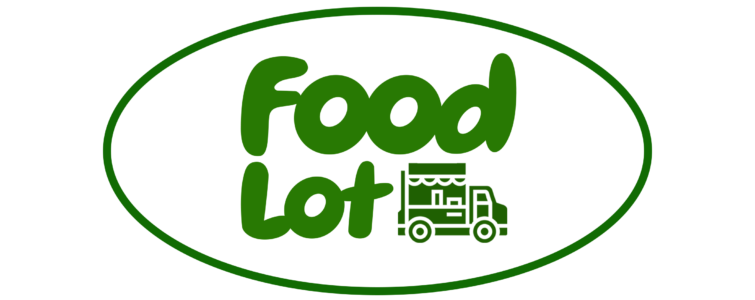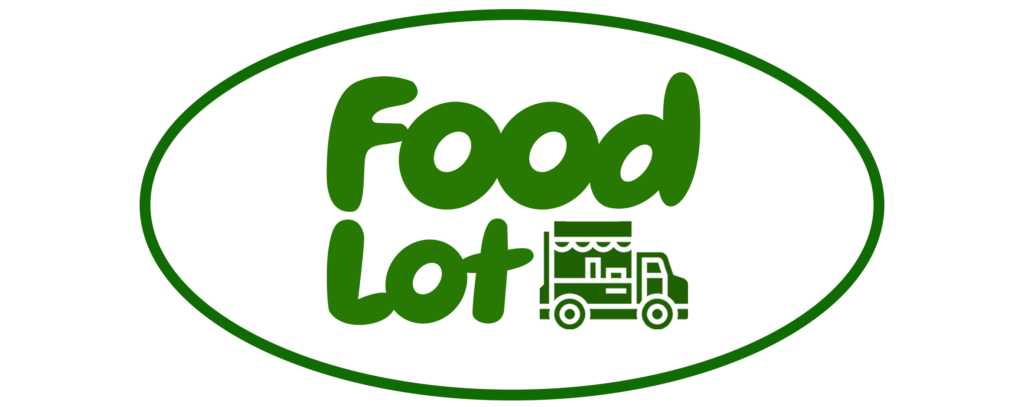

Blocked drains in Melbourne can be a major inconvenience, affecting both households and businesses. Understanding the common causes of blocked drains can help you address issues promptly and avoid future problems. Let’s explore the various external and internal factors that lead to blockages, as well as the structural and maintenance issues that can contribute.
I. Introduction
Blocked drains in Melbourne are a common nuisance due to the city’s unique environmental and human factors. These blockages can cause disruptions to daily life and even damage property. By understanding the causes and how to prevent them, you can save yourself from costly repairs and stress.
II. External Factors
A. Tree Roots Infiltration
Melbourne’s beautiful greenery can sometimes be a double-edged sword. Tree roots naturally seek water sources, often infiltrating underground pipes. Common Melbourne tree species like eucalyptus and pine can be particularly problematic. Signs of root intrusion include slow drainage and gurgling sounds from your pipes.
B. Heavy Rainfall and Flooding
Melbourne’s weather can be unpredictable, with heavy rainfall leading to excess water in drainage systems. This overload can cause blockages, especially in areas prone to flooding. Vulnerable areas in Melbourne include lower-lying parts of the city.
C. Construction and Excavation
Construction and excavation projects can disrupt drainage systems. Inadvertently damaged pipes or shifted infrastructure can lead to blockages. To prevent this, ensure proper planning and coordination with experts during construction.
III. Internal Factors
A. Foreign Objects and Debris
Foreign objects such as toys, food scraps, and sanitary products can clog drains. Proper disposal methods, such as using waste bins, can prevent this issue.
B. Hair and Personal Care Products
Hair and personal care products can accumulate in drains, causing blockages. Regularly cleaning hair out of drains and using strainers can help.
C. Grease and Fat Accumulation
Grease and fat from cooking can build up in pipes over time. Proper disposal, such as wiping pans before washing, can prevent this.
D. Toiletries and Wipes
Flushing inappropriate items like wipes and sanitary products can cause blockages. Always dispose of these items in the trash, not the toilet.
E. Mineral Build-up
Hard water minerals can create clogs in pipes over time. Areas in Melbourne with hard water issues should consider using water softeners or descalers.
IV. Structural and Mechanical Issues
A. Pipe Damage and Misalignment
Pipe damage can occur due to age, ground movement, or construction. Misaligned pipes can cause inefficient drainage and potential blockages. Promptly address these issues with professional help.
B. Improper Installation
Improper installation can lead to drainage problems. Make sure to use qualified professionals for installations to avoid future headaches.
V. Maintenance and Usage Issues
A. Lack of Routine Maintenance
Regular maintenance can prevent blockages and extend the life of your plumbing system. Common tasks include cleaning drains and checking for leaks.
B. Overloading and Misuse
Overloading plumbing systems and misusing drains can lead to blockages. Educate households and businesses on proper usage to avoid these problems.
VI. Preventive Measures and Solutions
A. Professional Drain Cleaning
Professional cleaning offers a thorough solution for blocked drains. Depending on your usage, consider having your drains cleaned annually.
B. Installing Drain Filters and Guards
Drain filters and guards can prevent foreign objects from entering your pipes. Proper installation and maintenance are key.
C. Pipe Relining and Replacement
If your pipes are damaged, consider relining or replacement. Relining can provide a durable solution without major excavation.
D. Educating Residents and Businesses
Education is key to preventing blocked drains. Share information on proper usage and disposal methods to raise awareness in your community.
VII. Conclusion
Blocked drains in Melbourne can be caused by various factors, including external and internal influences. Addressing these issues promptly and adopting preventive measures can save you time and money in the long run. Regular maintenance and proper usage are essential for a well-functioning drainage system.
VIII. FAQs
What are the signs of a blocked drain?
Signs of a blocked drain include slow drainage, gurgling sounds, and unpleasant odors. In severe cases, you might experience water backups.
How often should I have my drains cleaned professionally?
It’s recommended to have your drains cleaned professionally once a year, depending on your usage and location.
Can I prevent blocked drains myself?
Yes, you can prevent blocked drains by practicing proper disposal methods, using drain filters, and performing regular maintenance.
What should I do if I notice a blocked drain?
If you notice a blocked drain, try using a plunger or a drain snake. If the problem persists, contact a professional 24 hour Melbourne plumber.
Are certain areas in Melbourne more prone to blocked drains?
Yes, areas with more trees, hard water, and older infrastructure may be more prone to blocked drains.
What types of trees are most likely to cause root intrusion?
Trees like eucalyptus and pine are common in Melbourne and can cause root intrusion due to their extensive root systems.
What should I avoid flushing down the toilet to prevent blockages?
Avoid flushing wipes, sanitary products, and other non-degradable items down the toilet.

